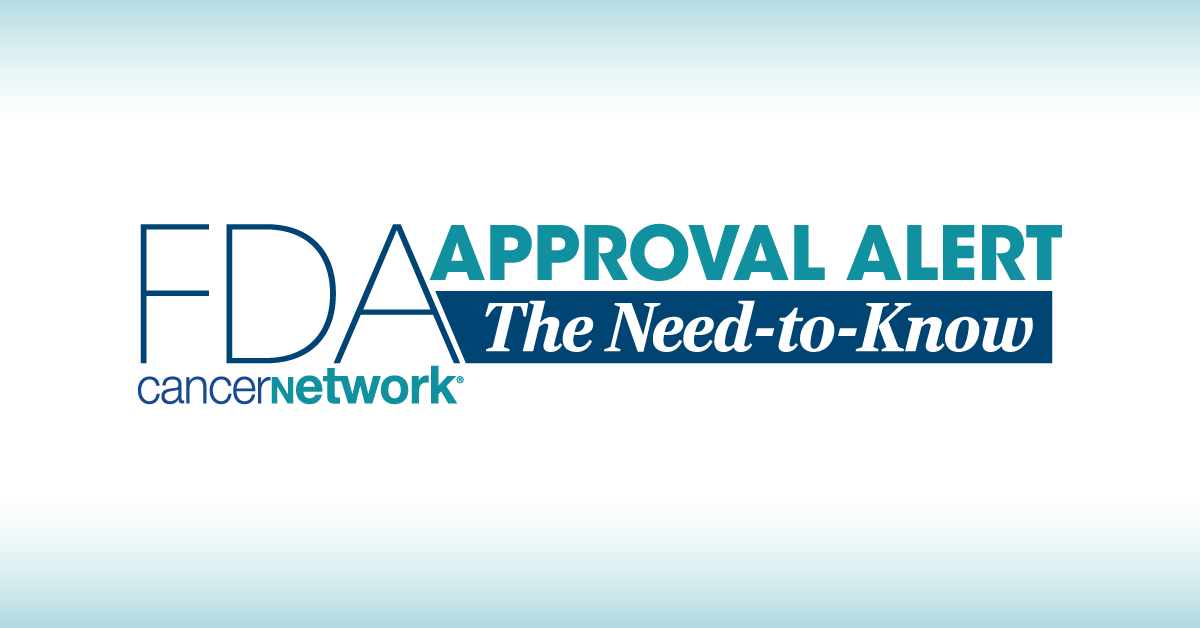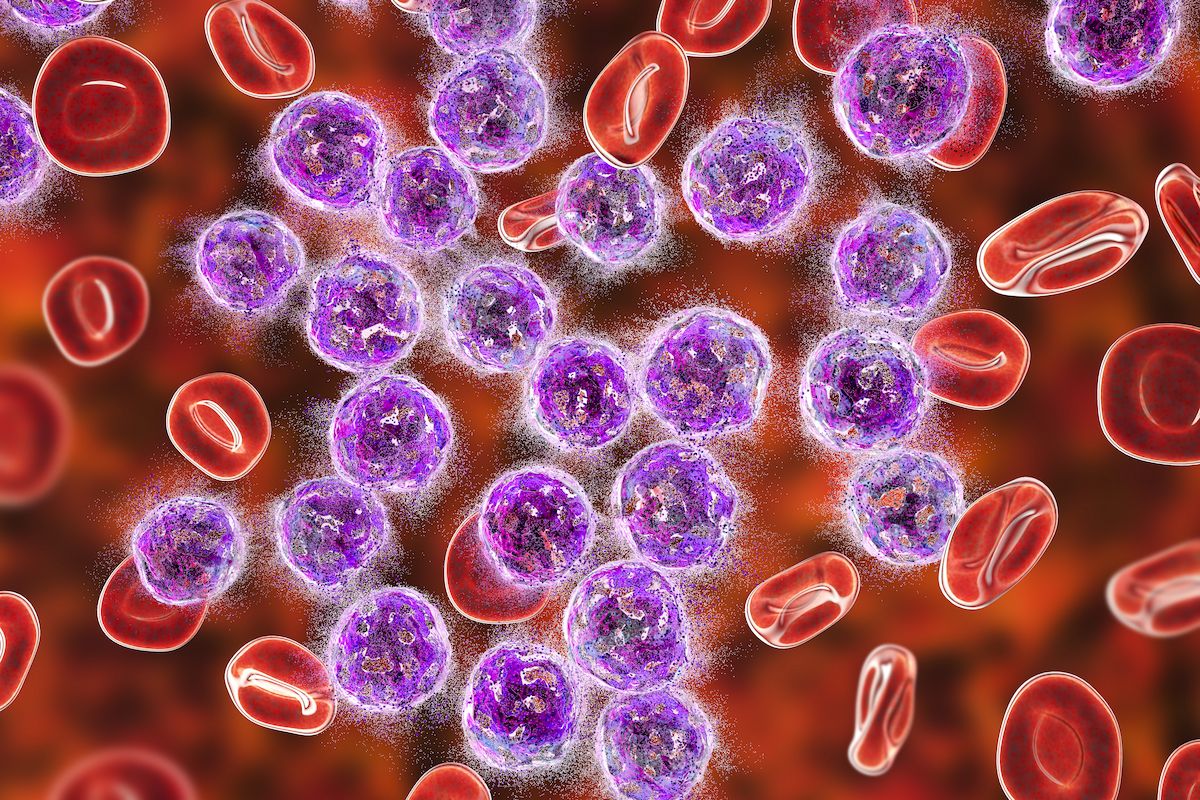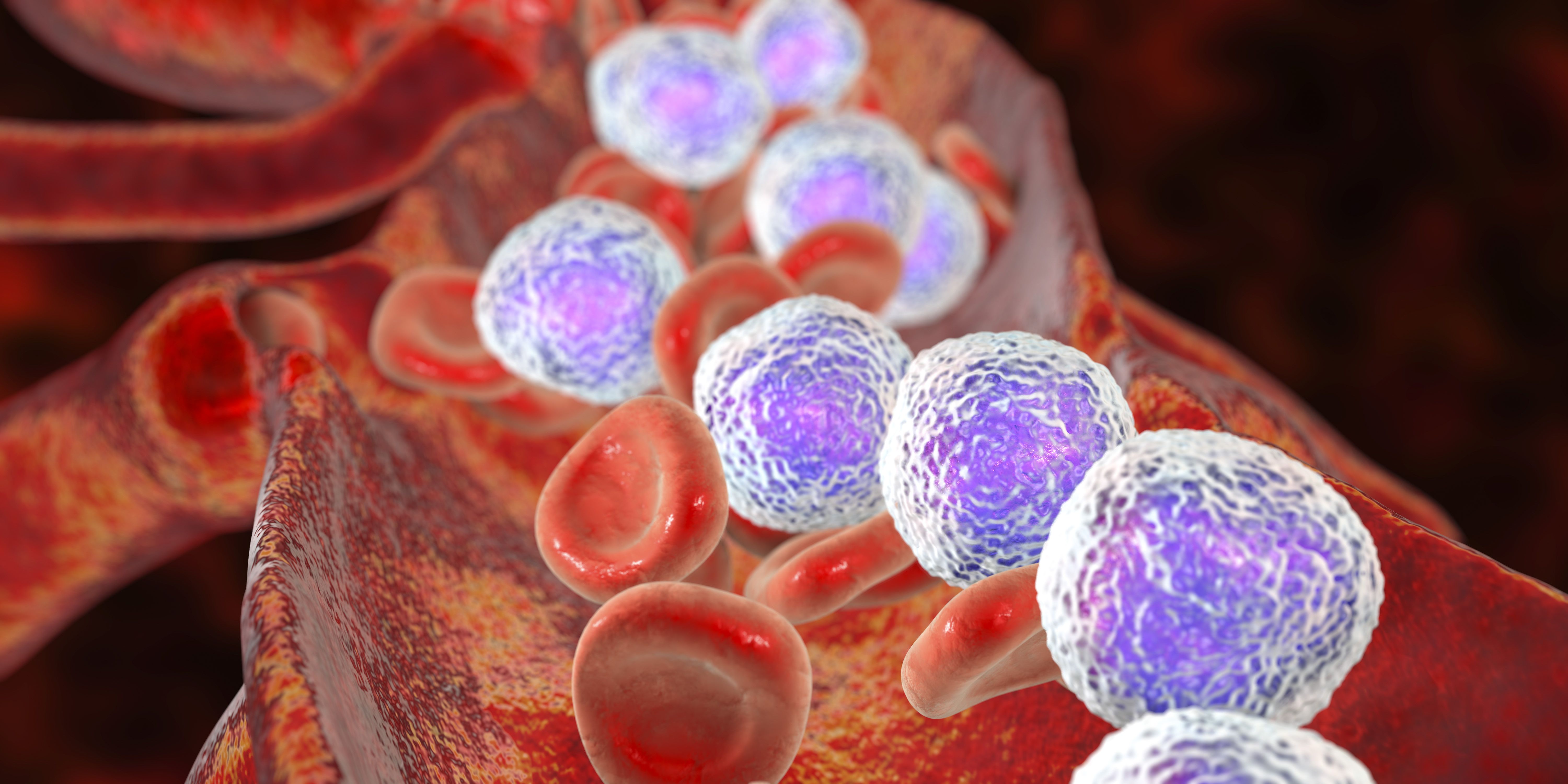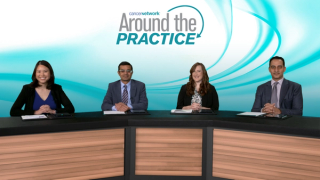
Leukemia
Latest News

FDA Expands Approval for Methotrexate in Pediatric ALL, pJIA Indications
Latest Videos

CME Content
More News
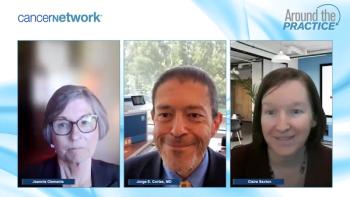
The panel concludes its discussion with insights on challenges and unmet needs in the CML treatment landscape, highlighting ways to better support patients and caregivers.

Earlier use of liso-cel may improve responses in patients with relapsed/refractory chronic lymphocytic leukemia or small lymphocytic lymphoma.

Experts on chronic myeloid leukemia delve into the important role of informed shared decision-making in the optimal treatment of patients with CML.

Jorge E. Cortes, MD, details clinical scenarios that indicate a need to switch therapies for patients with chronic myeloid leukemia.

Treatment with CB-012 for patients with relapsed/refractory acute myeloid leukemia is under evaluation as part of the phase 1 AMpLify trial.

Claire Saxton shares insights on how physicians and caregivers can best assist patients with CML who have switched therapies.

A panel of experts on chronic myeloid leukemia discuss common patient concerns, adverse effect considerations, and best practices for setting clear expectations.

Phase 1/2 data support the fast track designation for BGB-16673 as a therapy for patients with relapsed/refractory chronic lymphocytic leukemia.

Focusing on the initiation of treatment for newly diagnosed patients with CML, Jorge E. Cortes, MD, details important factors to consider when starting treatment and Claire Saxton discusses strategies that optimize communication when considering treatment options.

Experts on chronic myeloid leukemia discuss how caregivers can collaborate with the health care team and support newly diagnosed patients.

Joannie Clements, a patient advocate, provides insights on helping newly diagnosed patients with CML and their caregivers navigate the complexities of diagnosis, and Claire Saxton outlines resources available for them.

A panel of experts on introduce a discussion on chronic myeloid leukemia (CML) with an overview of the disease, focusing on its subtypes and characteristics.

Navigating a Paradigm Shift Venetoclax Treatment Redefines Landscape of Acute Myeloid Leukemia
Investigators focused on the latest advances in the treatment of patients with AML, while prioritizing the use of venetoclax as it has been shown to significantly impact the course of the disease.
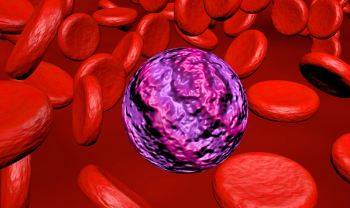
Phase 1/2 AUGMENT-101 study results revealed quick and lasting responses for patients with relapsed/refractory KMT2Ar acute leukemia.

The FDA has advised developers to attain overall survival benefit in a randomized head-to-head trial to support a BLA filing for Iomab-B.
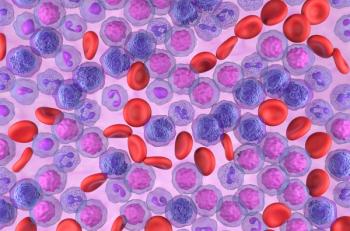
An overall survival and 3-year relapse-free survival advantage was seen with blinatumomab vs chemotherapy alone in a phase 3 trial of B-cell precursor subtype ALL.

Investigators assessed alemtuzumab plus UCART22 in relapsed/refractory B-cell acute lymphoblastic leukemia as part of the phase 1 BALLI-01 trial.

Data from ASC4FIRST support the priority review designation for asciminib in Philadelphia chromosome–positive chronic myeloid leukemia in chronic phase.

Data from AMPLIFY show a trend towards improved overall survival with acalabrutinib-based therapy among patients with chronic lymphocytic leukemia.
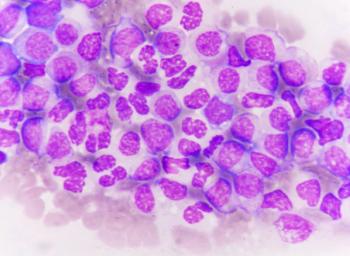
SLS009 is a highly selective CDK9 inhibitor that is being studied in an ongoing phase 1/2 trial for patients with hematologic malignancies.
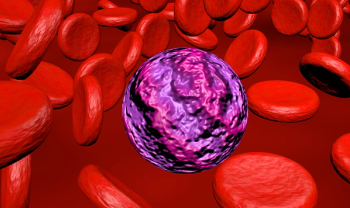
A serious grade 4 adverse effect reported in the phase 1/2 dose-escalation study evaluating seclidemstat combination therapy prompted the partial hold.

Data from a phase 1/2 trial support the potential clinical activity of DSP-5336 in patients with relapsed/refractory AML harboring a KMT2A rearrangement.

Investigators evaluated the impact of low-molecular weight heparin after the first 60 days of treatment as well as treatment overall.

A phase 1/2 trial assessed the use of menin inhibitor DSP-5336 in patients with acute leukemia overexpressing HOXA9 and MEIS1.

A pooled analysis trial assessed the impact of acalabrutinib in patients with chronic lymphocytic leukemia across treatment lines.


